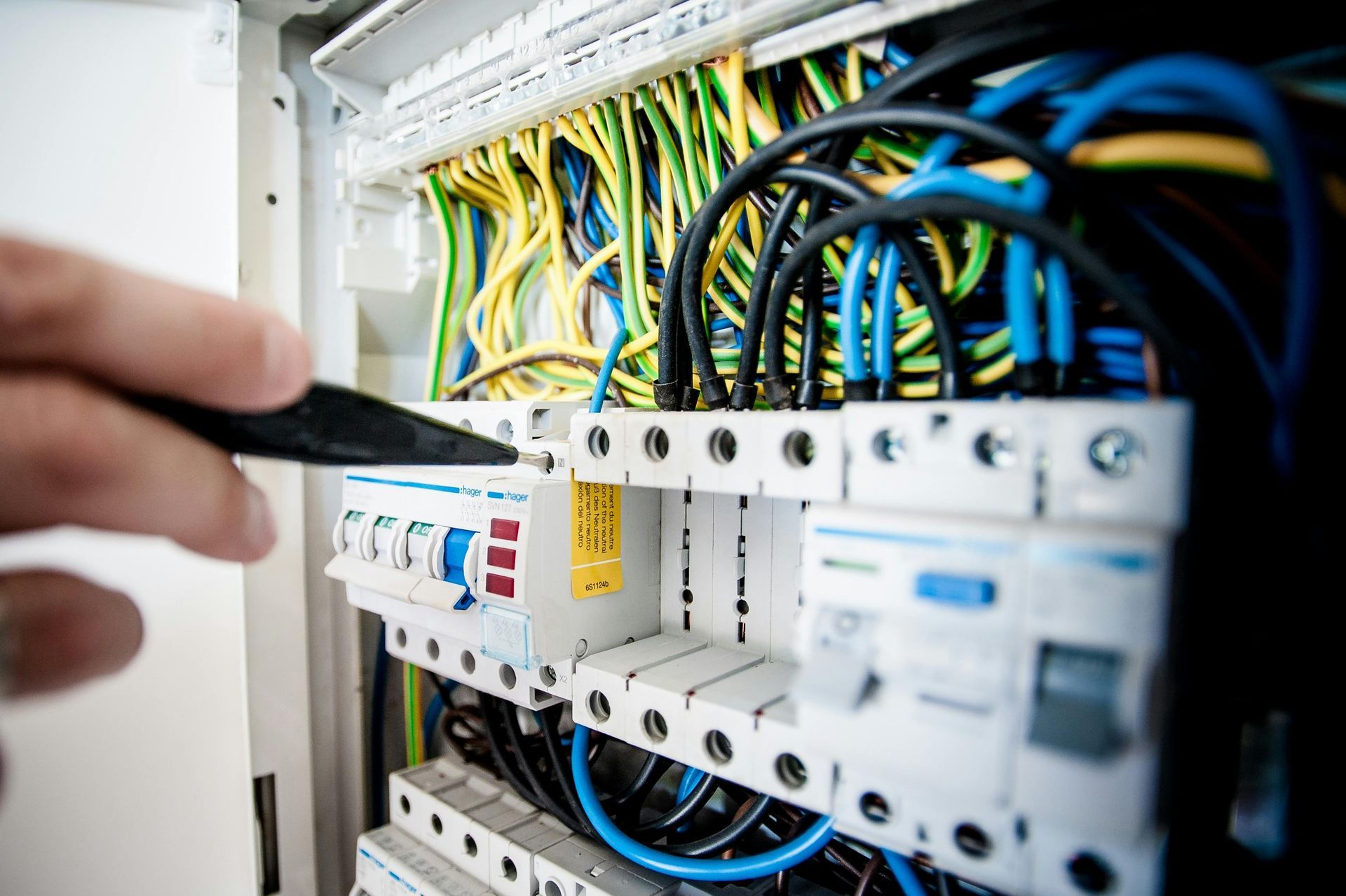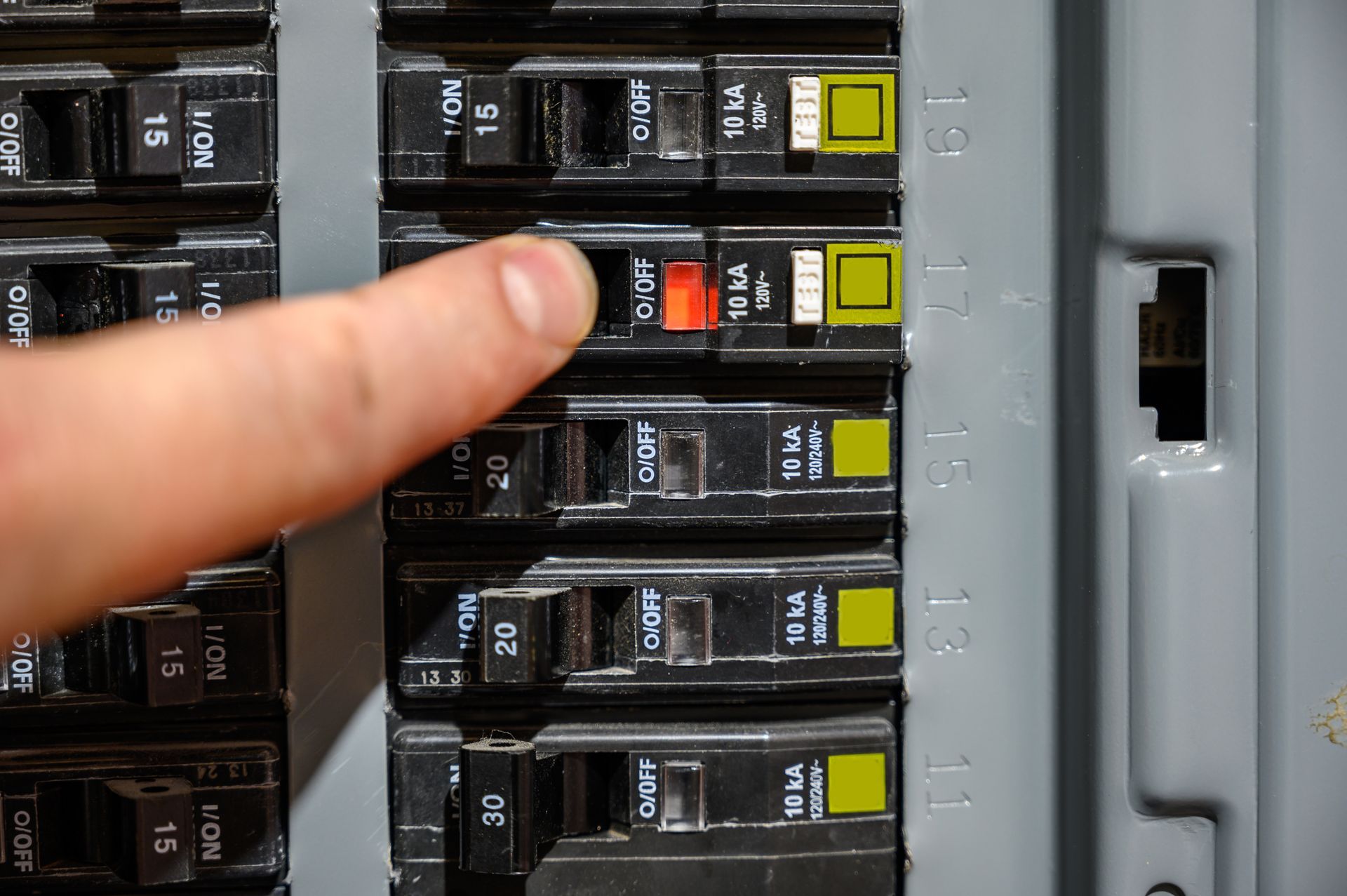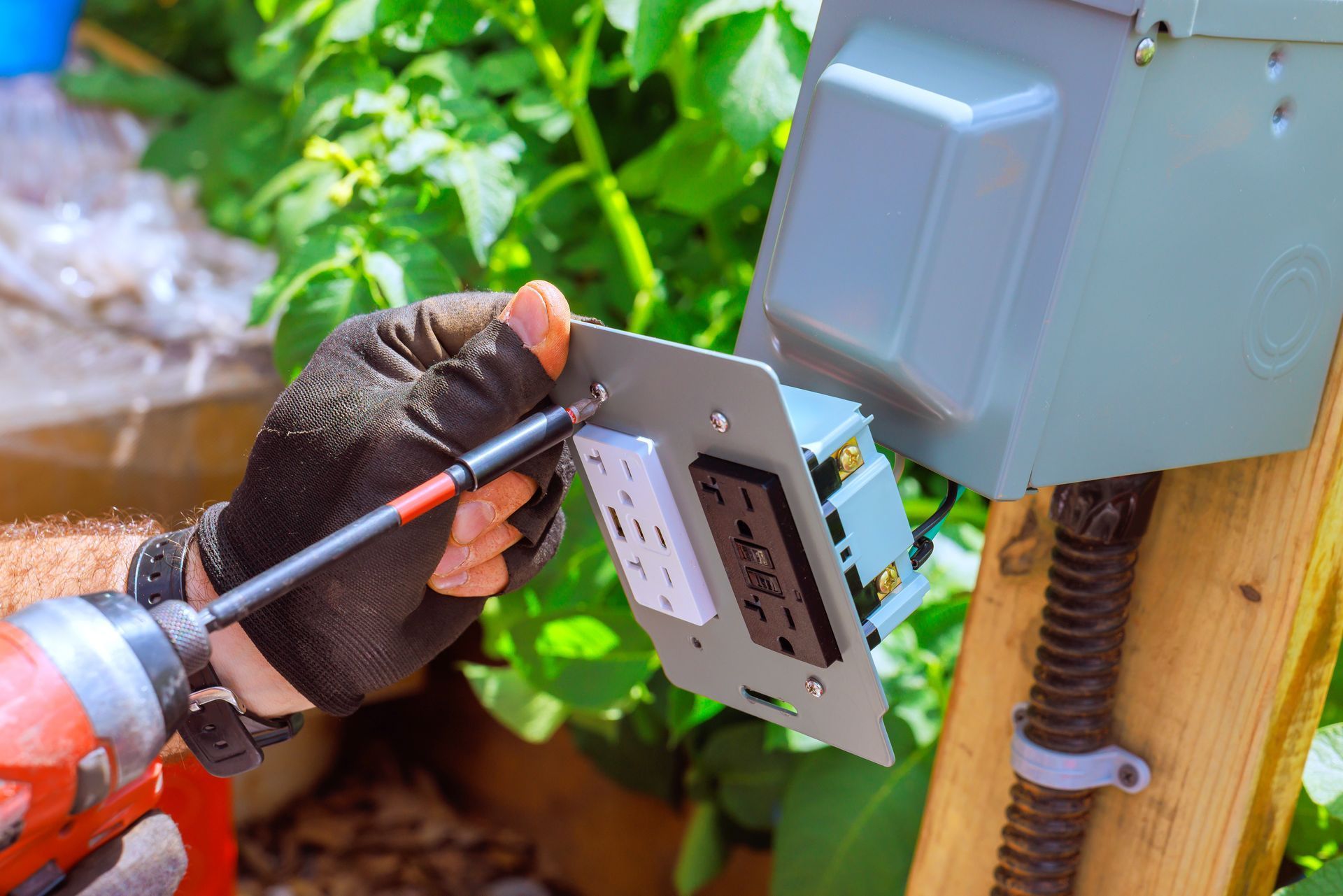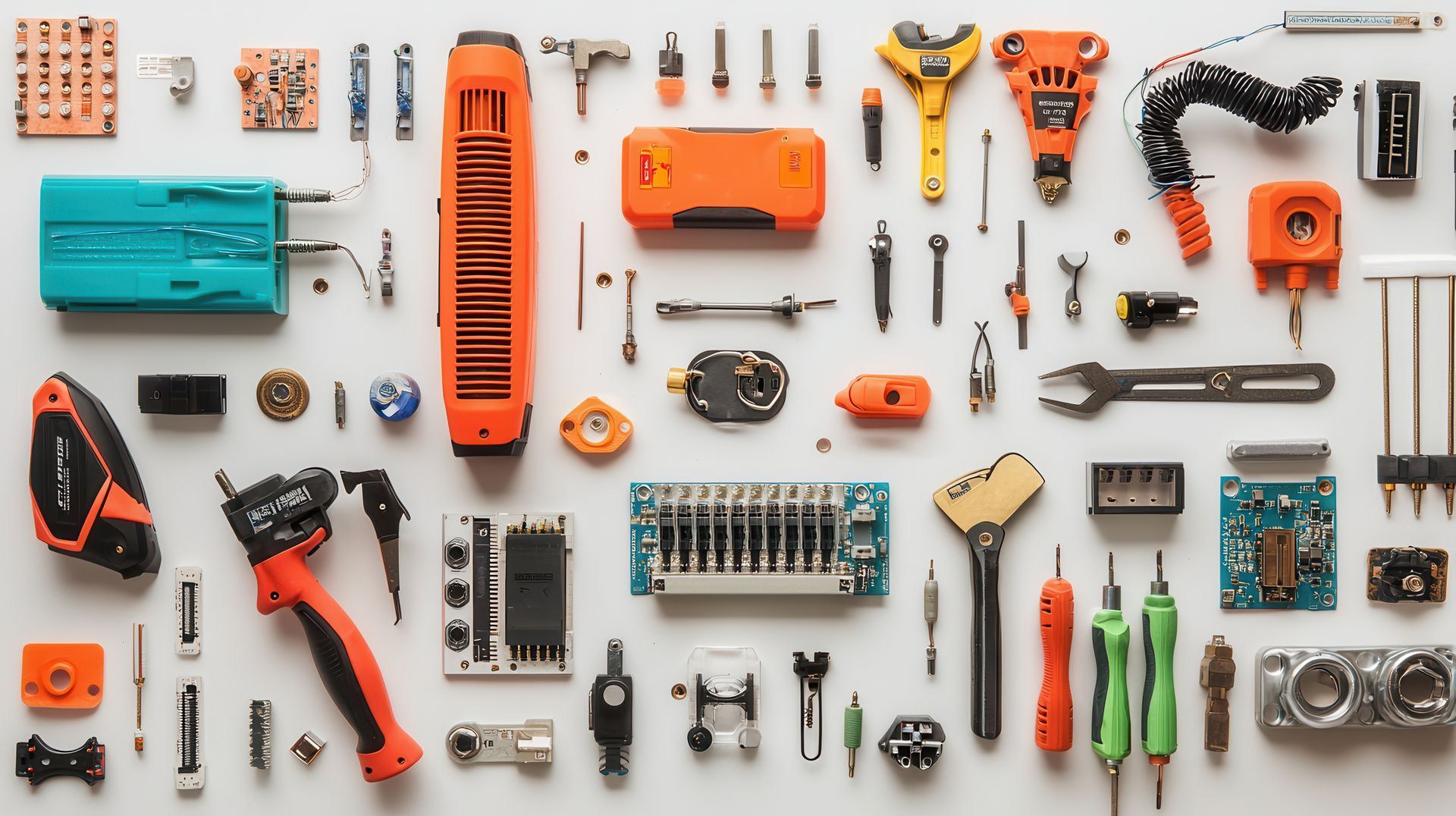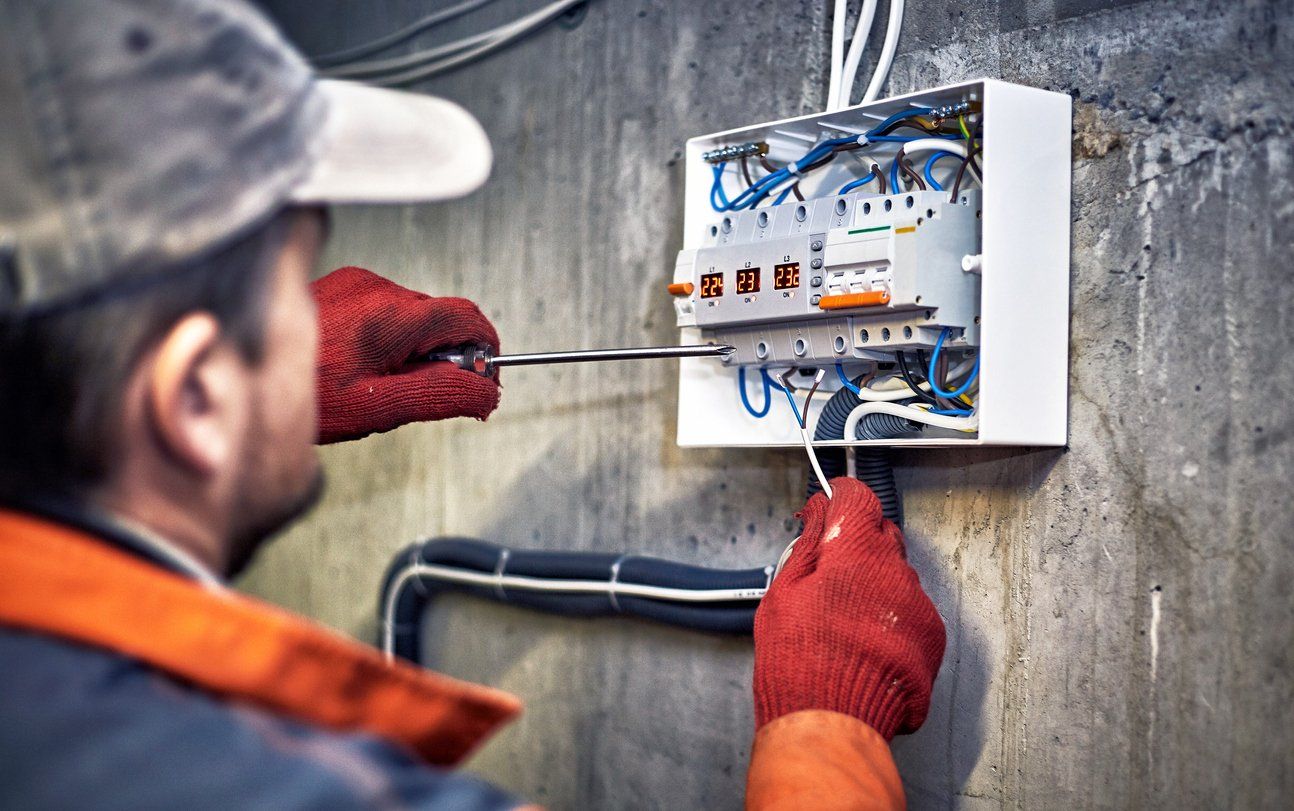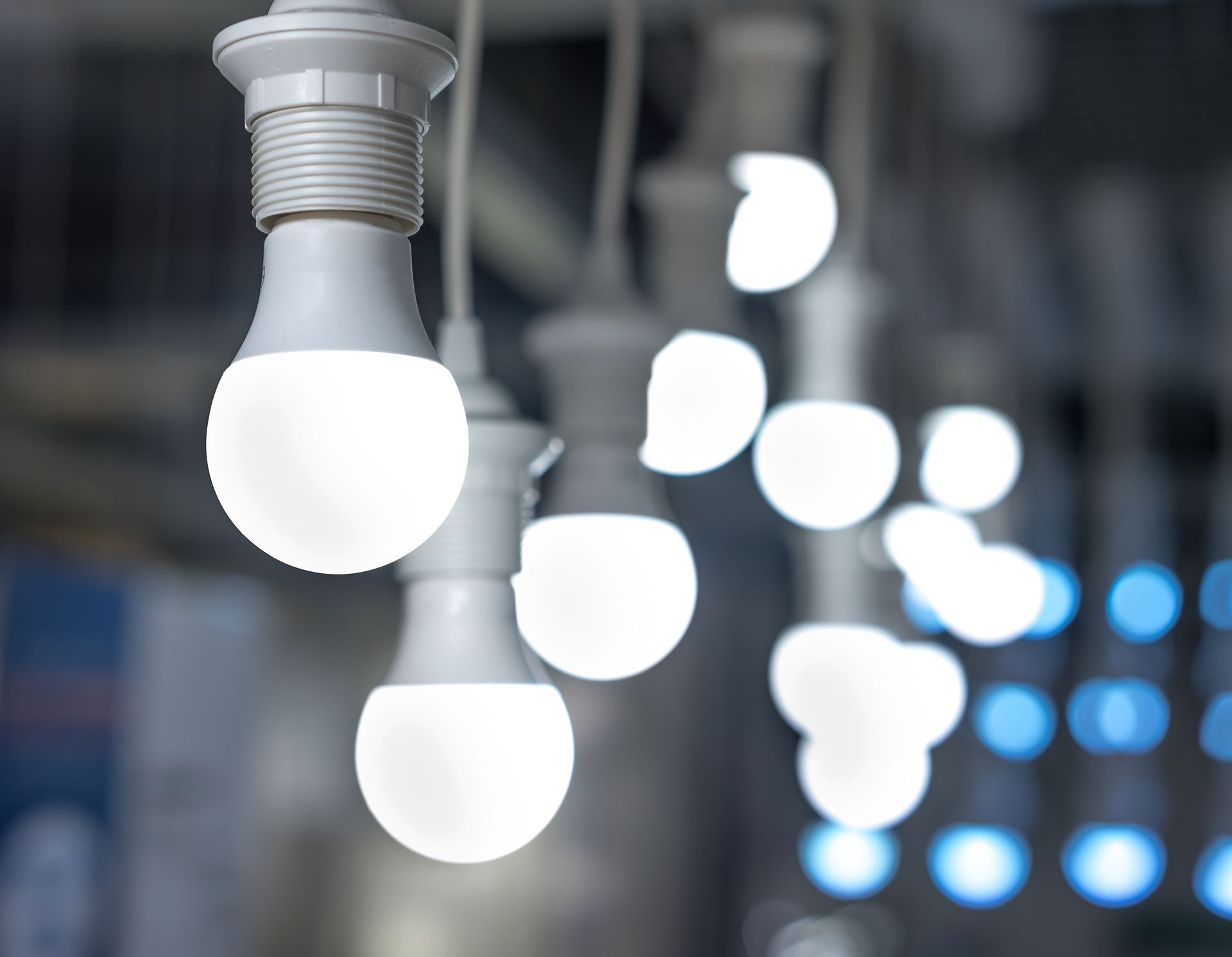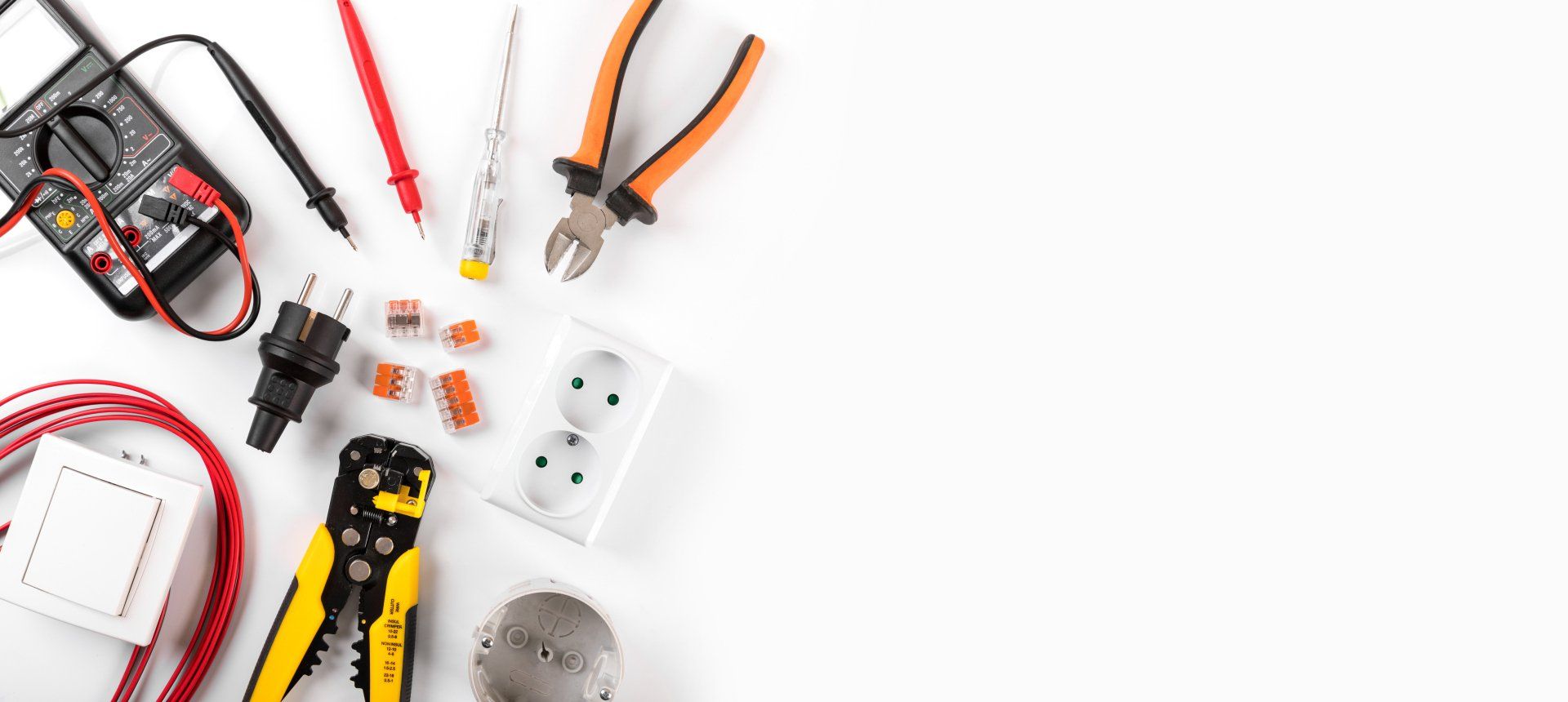Preparing Your Home's Electrical System for Severe Weather in Texas
Texas homeowners know that severe weather isn't a matter of if—it's when. From spring thunderstorms and lightning strikes to unexpected winter freezes and hurricanes, extreme conditions can place tremendous stress on your home's electrical system. Without proper preparation, these events can lead to power outages, equipment damage, and even dangerous fire hazards. If you live in North Central Texas, now is the time to take action. This guide will walk you through how to prepare your home’s electrical system to stay safe and resilient during severe weather events.
Schedule a Professional Electrical Inspection
The first and most critical step in storm preparation is to have your electrical system evaluated by a licensed electrician. Many homes in Texas, especially those over 15 years old, may have outdated wiring, undersized panels, or connections that no longer meet current safety codes. An inspection can uncover hidden vulnerabilities, such as corrosion in breaker panels or loose connections, which could fail under stress during a storm.
Regular inspections—ideally once every two to three years—can identify and correct small issues before they become major problems. A licensed electrician can also make sure your home is compliant with National Electrical Code (NEC) requirements and local regulations, which are especially important when preparing for severe weather.
Invest in Whole-Home Surge Protection
Lightning strikes are common in Texas, and they pose a real threat to your home's appliances and electronics. Even if a lightning bolt doesn’t hit your home directly, nearby strikes can create power surges that travel through electrical lines and destroy anything plugged into the wall. Whole-home surge protection is one of the most effective defenses available.
Installed at your main electrical panel, these surge protectors help regulate incoming electricity, shielding your devices from sudden voltage spikes. While plug-in surge strips provide some protection, they are no substitute for panel-based systems that defend the entire home. A qualified electrician can recommend and install the right unit for your needs, ensuring your air conditioner, refrigerator, TVs, and even smart home systems stay protected.
Install a Backup Generator
Texas weather doesn’t just knock out lights—it can knock out entire power grids. Installing a backup generator ensures that your essential systems remain functional when utility power fails. For many homeowners, this includes refrigeration, heating and cooling, lighting, and medical equipment.
There are two main types of generators: portable units and whole-home standby systems. While portable models can keep a few appliances running, a whole-home generator is permanently connected and automatically activates during outages. It’s a smart investment for long-term peace of mind, especially in rural or high-risk areas where power restoration may be delayed. Be sure to have any generator system installed by a professional to comply with safety and code requirements.
Weatherproof Your Outdoor Electrical Components
Outdoor lighting, outlets, and HVAC units are particularly vulnerable during storms. Water intrusion and wind damage can cause short circuits or fires if components aren't adequately protected. Ensuring your exterior outlets are equipped with weatherproof covers and GFCI (Ground Fault Circuit Interrupter) protection is a must for Texas homes. These features help prevent electrocution and shut off power automatically when moisture is detected.
Also, take time to inspect any exposed wiring or outdoor equipment for signs of wear, cracking, or loose fittings. Securing these areas before a storm can save you from costly repairs—or dangerous accidents—later on.
Practice Smart Electrical Habits During Storms
When a severe weather warning is issued, taking simple precautions can make a big difference. Before the storm hits, unplug non-essential devices to avoid damage from sudden surges or outages. For valuable or sensitive electronics like computers and home theater systems, consider moving them to surge-protected outlets or battery backup units.
If lightning is in the forecast, it’s best to avoid using wired electronics entirely. And if your breaker panel is accessible and safe to use, shutting off breakers to large appliances can provide an added layer of protection. These small habits can help minimize damage during unpredictable conditions.
Know When to Call for Emergency Electrical Service
After the storm passes, it's tempting to plug everything back in and resume normal life. But pay attention to warning signs like flickering lights, tripped breakers that won’t reset, or burning smells near outlets. These symptoms could indicate serious electrical issues caused by storm damage.
If you experience any of these, it’s critical to call a licensed electrician immediately. Attempting to diagnose or repair electrical problems yourself can lead to injury or even house fires. Professional electricians are trained to safely evaluate and restore power after extreme weather events, ensuring your home remains a safe place to live.
Need help getting started?
📞
Call us today to schedule a service with one of our licensed electricians in North Central Texas



